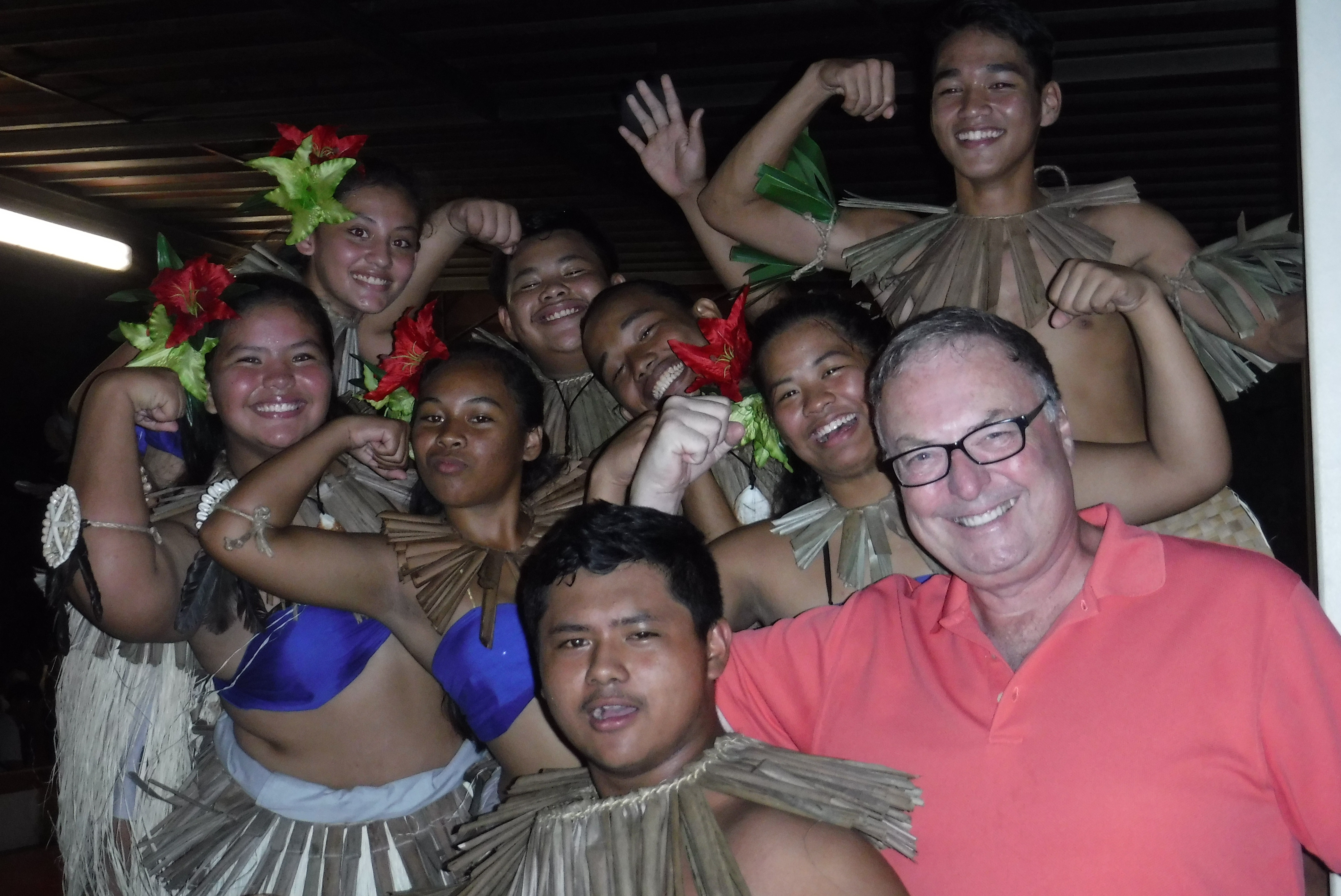After long hours with low pay and years of education and training, you’ve finished your residency. Hurray! It’s a momentous occasion.
At this point, many doctors take a long-term position, but some opt to go with a locum tenens assignment instead. Locum tenens allows new physicians the chance to explore, travel, gain additional experience, make great money, and find work-life balance — among numerous other benefits.
Here are nine reasons physicians choose to work locum tenens after residency.
1. The experience.
Locum tenens provides freedom, flexibility, and travel opportunities.
“Someone who just completed residency has put in a lot of hard work that was very structured and dictated to them. Now, they can get out there and do what they want to do,” says Adriann Mathis, director of Global Medical Staffing’s domestic division. “Locum tenens provides physicians an incredible opportunity to have work-life balance, the opportunity to get out there while still being in love with the practice of medicine, and the ability to do some traveling while making a great living,”
2. Earn more money.
Domestic locum tenens positions pay competitively with long-term positions, and some pay even more than a typical full-time position, particularly if a client needs to get a shift covered right away or in certain high-demand specialties like psychiatry.
In addition to the potential for a higher salary, locum tenens positions include housing or a housing allowance, along with malpractice insurance coverage, and some even include a transportation allowance.
3. Test run a geographical location or healthcare facility.
Not sure where you want to settle down. You can try out different locations across the U.S. with a locum tenens assignment. We have numerous positions in many locations across the country. You also might be able to find a locum tenens position in a specific healthcare facility in order to get a feel for the team, administrators, and working style ahead of signing a long-term contract.
“Locum tenens provides so many more options to figure out where you ultimately want to land. Or maybe you’ll find that you want a career doing locum tenens and not feel so tied down to one practice or one setting,” Mathis says.
4. Gain exposure to different practice settings, care delivery models, and health systems.
Experiencing how healthcare is delivered in remote parts of the U.S. or other parts of the world can put a fresh spin on medicine. Depending on the assignment, you can see what it’s like to practice in a small hospital, a small private practice, a large hospital, or even a government-funded healthcare system like New Zealand or Australia.
5. Work-life balance.
With locum tenens, you can show up, work your 40 hours, and detach without being responsible for client billings, lots of on-call hours, and vast amounts of paperwork. This is a perfect way to recover from the long hours of medical school and residency, explains Dr. Johnny Shen. Dr. Shen so enjoys the work-life balance that working tenens provides that he’s made it his full-time career, and he’s only one of numerous doctors choosing this route for most or all of their careers.
6. For international assignments: New culture, new country, decent pay — plus, you’ll broaden your knowledge and CV.
International assignments allow you to live like a local somewhere else. You’ll spend enough time in the new place to thoroughly explore it, while meeting a network of locals (who often become friends) that will steer you to the location’s very best places. Additionally, with locum tenens, you’re working in areas of need, so your medical skills truly help people, which also expands your skill set and adds to your CV.
“Physicians take international assignments for different reasons,” says Matt Brown, director of Global Medical Staffing’s international division. “For instance, physicians go to New Zealand for the experience, for the lifestyle, and for the travel opportunities. Physicians go to Guam because it’s close to everything you would want to see in Asia, pays a U.S. wage, offers shorter assignments, and is our U.S. healthcare system that physicians are familiar with. Australia provides typical U.S. physician pay and allows you to travel extensively all around Asia.”
Read more here.
7. A long-term, high-paying practice in another country.
For physicians looking to make a permanent move to another country, locum tenens provides the perfect route. We secure the assignment, the work visa, and pay many of the travel/living expenses for the duration of the initial contract. This sets up a physician to more easily secure a resident visa and begin living in the foreign country permanently.
Dr. Tara Piech pursued locum tenens with the goal of using it as a stepping-stone to move permanently to New Zealand. Dr. Piech, her husband, and son were drawn to New Zealand "for the weather, the nature, the relaxed lifestyle, the sensible political climate, and the universal medical care," she says. She took a locum tenens assignment as soon as she retired from the military and made it permanent from there.
"We also have physicians who complete a typical international contract of nine months to a year and fall in love with the area, the people, and the way of practicing medicine," says Lindsey Schoenberg, Global Medical Staffing placing manager. "Some of them then rearrange their life to make a permanent move possible.
8. Waiting for your life partner to finish school or residency.
If you have a partner still in residency or undergoing some other type of job training, locum tenens can provide you with money and valuable experience — while your partner catches up so you can look for full-time positions together.
9. Autonomy.
For good reason, residencies and teaching hospitals are set up to help ensure that an individual’s inexperience does not harm a patient — and many larger facilities continue to somewhat limit autonomy. If you are looking for more responsibility, with locum tenens, you can choose an assignment that’s a better fit.
Whatever you’re looking for in your career, locum tenens can help you find it.
“I get really excited for this younger group of doctors who are graduating because of the opportunity that locum tenens provides,” Mathis says. “With locum tenens, they have the freedom to go out and explore while making a really great living. When I was younger, I thought that medicine always meant 80-hour workweeks and not much work-life balance. Locum tenens really helps to provide that balance. You can work as much or as little as you like. Additionally, physicians go into medicine because they think of the impact they can have on people’s health and well-being, and with locum tenens, they can truly focus on the patients and not have to worry about running a practice or hospital politics.”
Ready to explore our positions yourself? Click the orange button below to browse our current openings or give us a call at 1.800.760.3174.



 Back
Back





